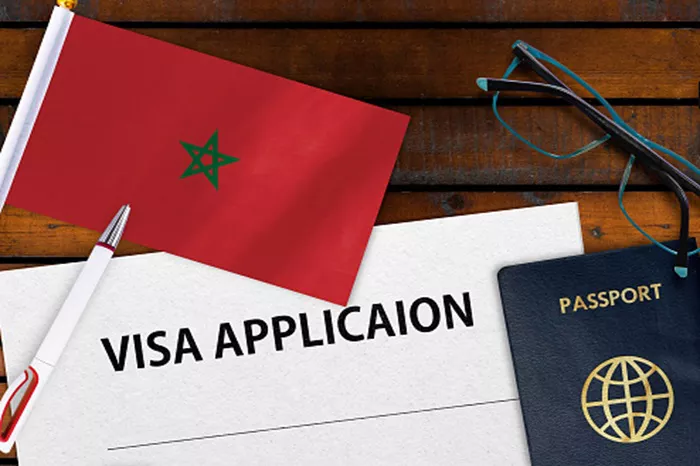Morocco is a fascinating travel destination known for its vibrant cities, desert landscapes, and rich culture. If you’re a UK citizen planning a trip to Morocco, one of the first things you may wonder is whether you need a visa. This guide provides everything you need to know about entry requirements, passport validity, and what to expect at customs and border control.
Visa Requirements
Short Stays (Up to 90 Days)
UK citizens do not need a visa to visit Morocco for short stays of up to 90 days. This applies to both tourism and business trips. You can enter the country freely for a period of three months, as long as you do not engage in work or long-term study during your stay.
Long Stays and Other Purposes
If you plan to stay longer than 90 days or visit Morocco for work, study, or residency, you will need to apply for a visa before arriving. Applications can be made through the Moroccan Consulate General in the UK or through Moroccan embassies abroad. Common types of long-stay visas include:
- Work visa
- Student visa
- Residency visa
- Family reunification visa
Visa requirements for these types of visits often include:
- A valid passport
- Passport-sized photos
- Proof of accommodation
- Evidence of financial means
- Letter of acceptance from a Moroccan institution (for students)
Passport Validity
Minimum Validity Period
To enter Morocco, your passport must be valid for at least 3 months beyond the date you plan to enter the country.
Passport Condition
Make sure your passport is in good condition. Moroccan authorities may deny entry if your passport is damaged, torn, or otherwise defaced. It is best to check your passport before booking your trip to avoid any complications.
Travel Documentation
Although you do not need a visa for short visits, Moroccan border officials may ask for additional documentation upon arrival. Be prepared to present the following:
Proof of accommodation, such as hotel bookings or an invitation letter from a Moroccan host
Onward or return flight tickets to prove that you plan to leave within the allowed 90-day period
Proof of sufficient funds to cover your stay, which could include bank statements, cash, or credit card information
Purpose of the trip, especially if you are visiting for business; carry a letter of invitation from the Moroccan company or your UK employer
While not all travelers are asked for these documents, it’s better to have them ready just in case.
Visa Extensions
Staying Longer than 90 Days
If you are already in Morocco and want to stay beyond 90 days, you must apply for an extension. This cannot be done online. You will need to:
Visit a local police station or Bureau des Étrangers (Office of Foreigners).
Provide a valid reason for the extension.
Submit relevant documents (e.g., passport, proof of funds, accommodation).
Possibly pay a fee.
Approval is not guaranteed and depends on the discretion of the local authorities. It is advisable to apply for the extension well before your 90 days are up.
Customs and Border Control
Arrival Procedures
When you arrive in Morocco, you will go through passport control and may be asked questions about your trip. Be polite, answer honestly, and provide documents if requested. Once cleared, your passport will be stamped with the entry date.
Customs Regulations
Morocco has specific rules about what you can bring into the country. Here are some key points:
Currency: You can bring in foreign currency, but amounts exceeding 100,000 MAD (Moroccan dirhams) must be declared.
Items for personal use: Allowed within reasonable quantities (e.g., clothes, cameras, laptops).
Prohibited items: Illegal drugs, weapons, and certain drones are banned.
Food and drink: Small quantities for personal use are permitted, but commercial quantities may be confiscated.
Upon departure, make sure you are not taking any banned items out of the country, such as antiques or protected cultural goods.
Conclusion
If you’re a UK citizen, you can enjoy a trip to Morocco without the hassle of a visa—as long as your stay is less than 90 days and for tourism or business. Make sure your passport is in good condition and valid for at least three more months. Carry essential documents like flight tickets and proof of accommodation, just in case you’re asked at the border.
For longer stays or specialized visits such as work or study, you will need to apply for the appropriate visa before traveling. Always consult official resources for the latest entry requirements and make sure to follow local laws and customs during your stay. With a little preparation, your Moroccan adventure can be both smooth and memorable.

